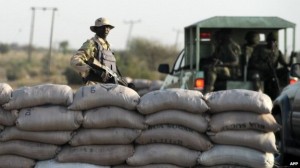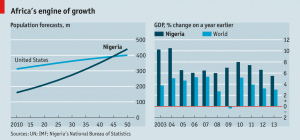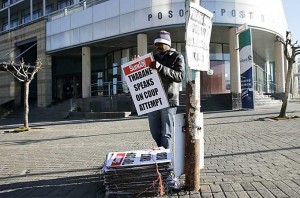When you think of history you remind yourself of the past. Countries throughout the world 100% of the time have gone through a period that has changed the course of a nation. Both Africa and the United States are fairly similar in how they became nations. Starting with Africa it was ruled by the British, between the 1870s and 1900, Africa faced European imperialist aggression, diplomatic pressures, military invasions, and eventual conquest and colonization. At the same time, African societies put up various forms of resistance against the attempt to colonize their countries and impose foreign domination. By the early twentieth century, however, much of Africa, except Ethiopia and Liberia, had been colonized by European powers. The Europeans pushed Africa into 3 sections they were political, social, and economic. They were motivated to stabilize Africa and make it contend with other providences.
Many other factors played an important role in the process. The political process that derived from the impact of the European power struggles and competition for territory. Britain, France, Germany, Belgium, Italy, Portugal, and Spain were competing for power within European power politics. One way to show national preeminence was through the acquisition of territories around the world, including Africa. The social factor was the third major element. As a result of industrialization, major social problems grew in Europe: unemployment, poverty, homelessness, social displacement from rural areas, etc. These social problems developed partly because not all people could be absorbed by the new capitalist industries. One way to resolve this problem was to acquire colonies and export this “surplus population.” This led to the establishment of settler-colonies in Algeria, Tunisia, South Africa, Namibia, Angola, Mozambique, and central African areas like Zimbabwe and Zambia. Eventually the overriding economic factors led to the colonization of other parts of Africa.
In the beginning of United States colonial era they were 13 original colonies. The Colonial America Time Period covers the time in early American history from 1607 to 1776 during Colonial Times and the events leading up to the American Revolutionary War and the establishment of the constitution. During this period of Colonialism the colonists and settlers arrived from Europe looking for religious freedom, land and the opportunity for wealth. The newcomers were governed by the laws of the European homelands which eventually led to dissension, anger and rebellion during the Colonial America Time Period and the creation of the new nation of the Unites States of America.
Slavery was a difficult time in american history. It was mostly in the south that slavery was at it highest of the peek. The British who owned the colonies after the Native Americans founded it first were the ones who had killed thousands upon thousands of slaves for their satisfaction and gain. I just don’t understand why there was even slavery in the first place and why did the Europeans did not like blacks back then. People today are very blessed and fortunate that we did not live in those times because it was not have been pretty.
Imperialism occurs when a strong nation takes over a weaker nation or region and dominates its economic, political, and cultural life. In this case Africa was dominated mainly by also the british settlers. Imperialism and slavery are some what connected to currents events today in one case this year the Ferguson, Missouri incident or the Trayvon Martin where both of these young men were killed over nonsense. Was it because it was a race issue possibly and strongly? I think that even though we have come a long way from the 1950’s to 1960’s there are still events like in recent years that makes me think why are citizens still behaving this way and for what purpose. It is better to love than to hate because with love there would even be slavery or imperialism and that would change the world.






